Sometimes children and adults come to me using strategies and tools that do not address their learning problem. What is the result? frustration! If your child struggles with homework because of speech and language challenges finding the right help is critical. How do you find the right intervention to align with your child’s speech and language difficulties, especially if your child is in the average to above average range of ability, and they do not cause trouble in school? They are often an unseen population in public schools.
Here are some steps to identifying #speech and language challenges
1.) Talk to your child’s teachers and ask them to tell you about your child’s learning strengths and weaknesses – take notes
2.) Write down or record your observations of the problem.
- What time of day does your child have the most difficulty?
- What types of tasks, reading, writing, talking, is your child doing when he demonstrates frustration? What does the task require?
- Is he or she able to explain to you why they are having difficulty?
- Do they have a hard time starting the task? Completing the task?
- Does the difficulty result in tantrums? shut down? or do they simply try to avoid doing the task?
- When you speak with them do they remember what you have said or do they forget?
- If you show them a strategy to help improve the area can they use it? Next time do they use it again?
3.)Take your observations and teachers observations to the pediatrician and ask for her/his input in the matter
4.) Request a referral for speech and language testing, if you are still concerned, even if others don’t see the behavior you are observing.
Pediatricians and teachers only see our children in a particular context for a specific period of time, they don’t always get the full picture. As parents we know our children, and we have to trust our instincts. If we feel concerned, even if others are not seeing the problem, we have to follow up. Sometimes children only present their challenges at home where they feel safe. Identifying speech and language challenges is a critical first step in finding the right help.

